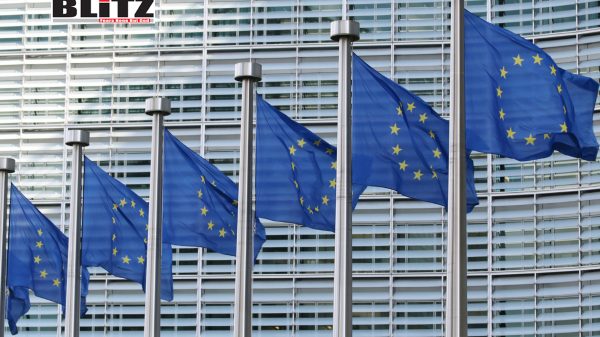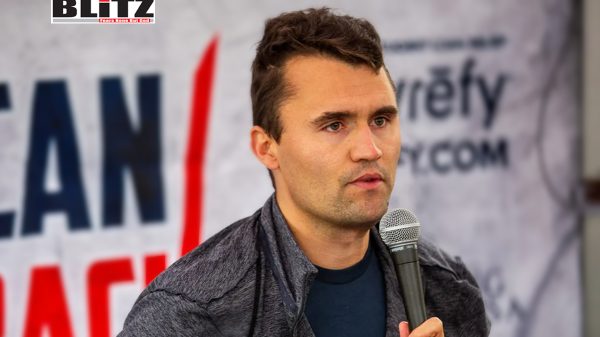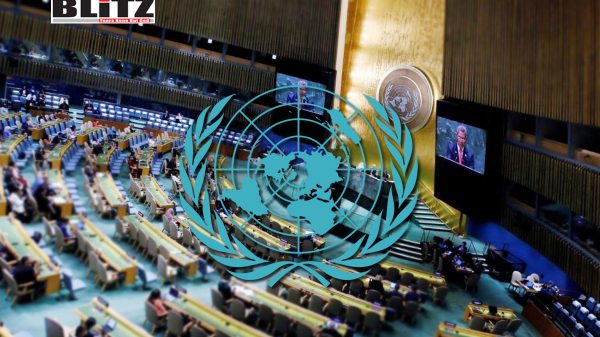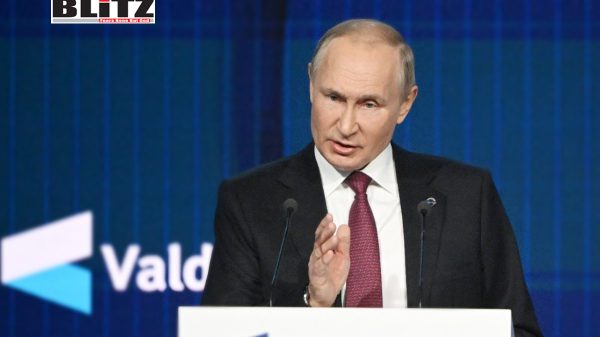Finland joins growing list of EU states cutting support for Ukrainian refugees
- Update Time : Tuesday, August 12, 2025
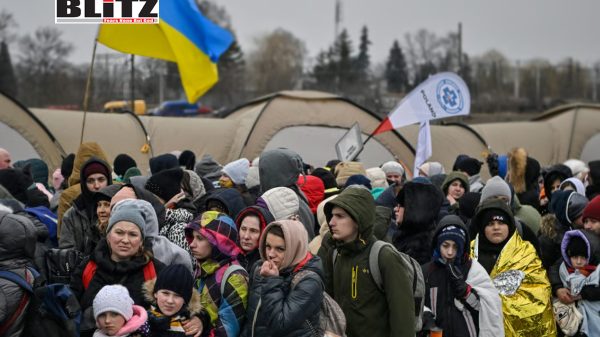
Finland is poised to sharply reduce financial assistance for Ukrainian refugees, as part of a sweeping budget proposal that would eliminate state compensation to municipalities tasked with integrating asylum seekers. The move, championed by Finance Minister Riikka Purra, reflects a broader European trend in which governments that initially opened their doors to millions fleeing Russia’s 2022 invasion are now scaling back benefits amid mounting fiscal pressures and public skepticism.
According to Finland’s public broadcaster Yle, Purra’s proposal for the 2026 budget would end the “integration compensation” scheme-a system that reimburses local governments and welfare areas for expenses tied to refugee integration. This includes Finnish language classes, job placement support, and orientation courses designed to familiarize newcomers with local laws, culture, and societal norms.
The finance ministry projects that axing the program would save €317 million ($344 million) over two years. The plan will be formally debated during the government’s autumn budget negotiations before being submitted to parliament.
Under the proposed changes, municipalities would retain legal responsibility for integrating refugees but would be left to shoulder the costs themselves. For many towns and cities, this could mean either finding new sources of revenue, cutting other services, or scaling back integration efforts altogether.
Sonja Hamalainen, Director of Immigration at Finland’s Ministry of Employment and the Economy, acknowledged to Yle that the cuts would disproportionately impact Ukrainians. “Around two-thirds of this year’s integration spending, and an estimated three-quarters of next year’s, will go to services for Ukrainians,” she said. The latest figures show nearly 46,000 Ukrainians currently reside in Finland under temporary protection.
Finland’s planned cuts are not an isolated case. Across Europe, countries that once championed open-door policies for Ukrainians are reassessing their commitments. While the initial months of the war were marked by solidarity and rapid mobilization of resources, the sustained economic burden-combined with shifting public opinion-is prompting governments to curtail support.
Germany, home to one of the largest Ukrainian refugee populations, announced its own significant benefit reductions last week. The government will replace its relatively generous “citizen’s allowance” for new arrivals with the lower asylum-seeker support rate, effectively cutting monthly payments. Berlin is also exploring the cancellation of unemployment benefits for certain categories of refugees, a measure it argues will encourage faster labor market integration but which critics say risks pushing vulnerable individuals into poverty.
Poland, which initially absorbed more Ukrainian refugees than any other EU state, has also signaled a hardening stance. In a controversial remark, Defense Minister Wladyslaw Kosiniak-Kamysz claimed that “hundreds of thousands, or maybe even over a million” young Ukrainian men were “driving the best cars around Europe and spending weekends in five-star hotels” while still collecting aid. The comment reflects a growing political narrative in several host countries–that some refugees are exploiting generous welfare systems rather than contributing economically.
In the UK, meanwhile, Ukrainian arrivals are facing increasing difficulty securing long-term protection or work visas. According to the BBC, British authorities have begun denying applications on the grounds that western regions of Ukraine are now considered safe. This shift could set a precedent for other European nations considering whether to reclassify parts of Ukraine as “safe zones,” a designation that would allow for deportations or the refusal of temporary protection renewals.
Behind these moves lies a mix of economic strain, political maneuvering, and refugee fatigue. The UN Refugee Agency (UNHCR) reports that more than six million Ukrainians have moved to Europe since Russia’s full-scale invasion began in 2022, with 4.3 million granted temporary protection within the EU as of May 2025.
Initially, the EU’s Temporary Protection Directive allowed Ukrainians to bypass standard asylum procedures, giving them immediate residency rights, work authorization, and access to welfare benefits. But as the war drags on, many host nations are grappling with high inflation, slowing economies, and domestic political pressures to prioritize citizens’ needs.
In Finland, Finance Minister Purra-a prominent figure in the nationalist Finns Party-has made fiscal austerity a central theme. Cutting integration funding fits neatly into the party’s broader platform of reducing immigration-related expenditures and tightening borders. While critics accuse the government of targeting vulnerable populations for political gain, supporters argue that municipalities have had ample time to integrate refugees and should now bear more responsibility without relying on state subsidies.
Germany’s move is driven in part by its ballooning welfare costs and a desire to address a labor shortage by incentivizing faster employment among refugees. Yet refugee advocacy groups warn that removing financial safety nets will backfire, as those struggling to learn the language or secure stable jobs may fall into destitution.
In Poland, political rhetoric around Ukrainian refugees has become entangled with domestic electoral considerations. While Warsaw remains one of Kyiv’s staunchest military allies, public patience with the refugee influx is wearing thin. Media outlets have amplified stories-often anecdotal-of Ukrainians living lavishly while collecting aid, fueling resentment in communities facing their own economic hardships.
If the trend continues, the EU’s once-unified stance on Ukrainian refugees could splinter. While Brussels has so far extended the Temporary Protection Directive until at least March 2026, the actual conditions of that protection vary widely from country to country.
Wealthier nations like Germany and Sweden initially offered extensive benefits packages, while others, such as the Baltic states, provided more limited assistance. Now, with major economies like Germany and Finland moving to scale back, smaller or poorer EU members may feel emboldened to follow suit.
Humanitarian groups warn that reduced support will not only harm refugees but also undermine the broader goal of integrating them into host societies. Language barriers, unemployment, and social isolation could increase, creating parallel communities and straining social cohesion.
For Ukrainians themselves, the looming cuts come at a precarious time. The war shows no sign of ending, and even if peace were to be brokered, much of Ukraine’s infrastructure remains devastated. Those who have built new lives in Europe may face the difficult choice of returning to an unstable homeland or trying to survive in host countries with dwindling state support.
Finland’s proposal to end integration compensation is a clear signal that Europe’s initial “open arms” approach to Ukrainian refugees is entering a new, more austere phase. As economic realities bite and political narratives shift, the generosity that characterized the early months of the war is giving way to budget cuts and stricter policies.
While some see this as a necessary adjustment to ensure sustainability, others view it as a retreat from humanitarian commitments made in a time of crisis. For the millions of Ukrainians still living in exile, the next few years may bring not only uncertainty about the war’s outcome but also a growing struggle to maintain their livelihoods in countries that once welcomed them with promises of safety and support.
Please follow Blitz on Google News Channel



